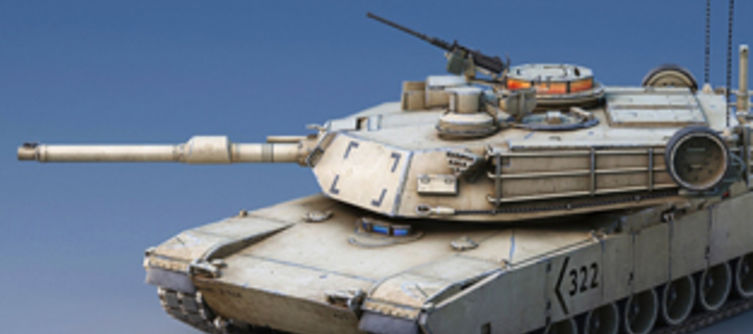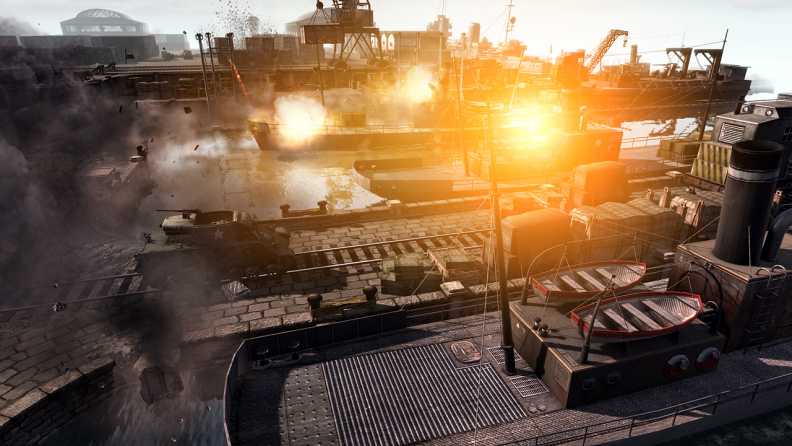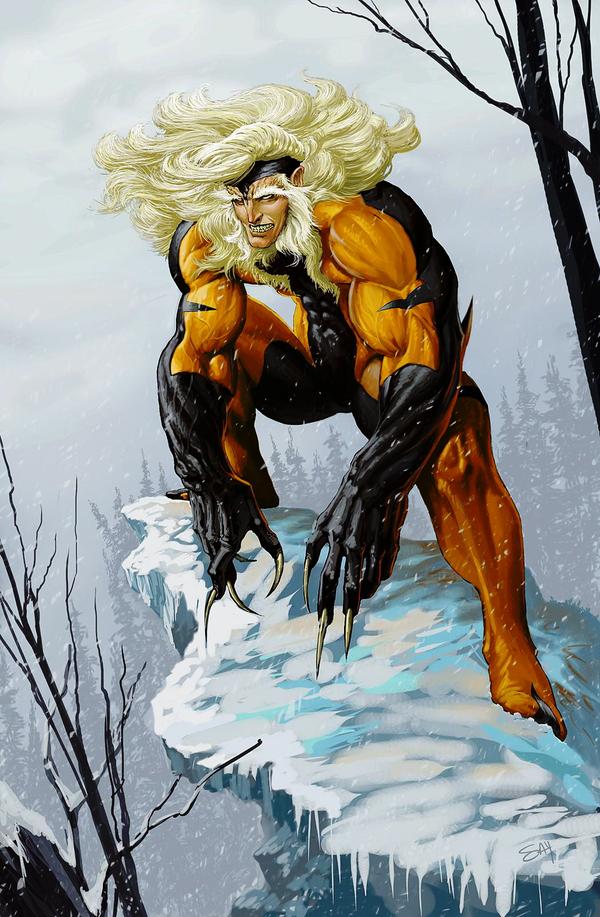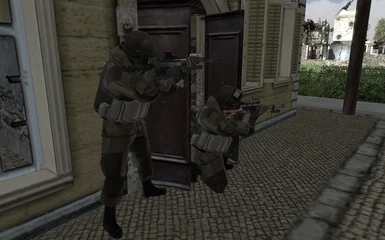
He celebrates their courage, but recognising that "Someone had blundered", begins to question the value of the heroic code. Tennyson didn't see the British cavalry charge against Russian artillery in the Crimean war – other than with his mind's eye – but his lifelong absorption in Arthurian legend and chivalry enabled him to take his place, imaginatively, with the "Noble six hundred". The Charge of the Light Brigade by Alfred Lord Tennyson With so many fine poems to choose from, on another day I might have selected another team.Īn early battle poem written in Old English, this gives a vivid and poignant account of the last stand of Anglo-Saxon warriors against a troop of Viking invaders, and includes a classic articulation of the heroic code.


I have chosen poems from both the old "heroic" and the modern "humane" traditions. So long as warrior met warrior in equal combat with sword or lance, poets could celebrate their courage and chivalry, but as technology put ever-increasing distance between combatants and, then, ceased to distinguish between combatant and civilian, poets more and more responded to "man's inhumanity to man". Whereas most love poems have been in favour of love, much – and most recent – war poetry has been implicitly, if not explicitly, anti-war.


Man's early war-songs and love-songs were generally exhortations to action, or celebrations of action, in one or other field, but no such similarity exists between what we now more broadly define as love poetry and war poetry. "P oetry," Wordsworth reminds us, "is the spontaneous overflow of powerful feelings", and there can be no area of human experience that has generated a wider range of powerful feelings than war: hope and fear exhilaration and humiliation hatred – not only for the enemy, but also for generals, politicians, and war-profiteers love – for fellow soldiers, for women and children left behind, for country (often) and cause (occasionally).


 0 kommentar(er)
0 kommentar(er)
